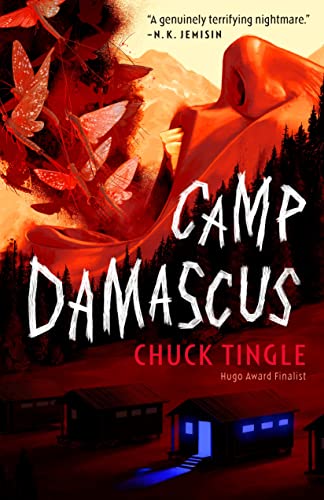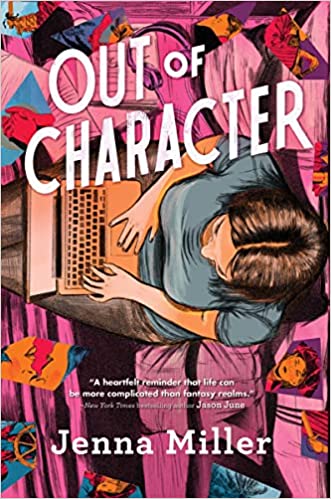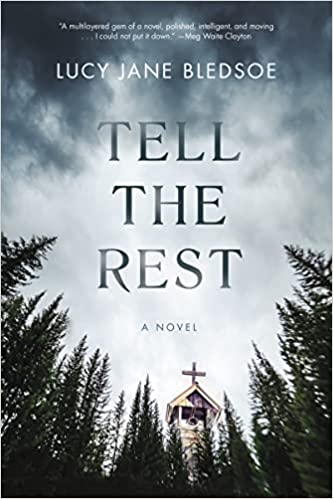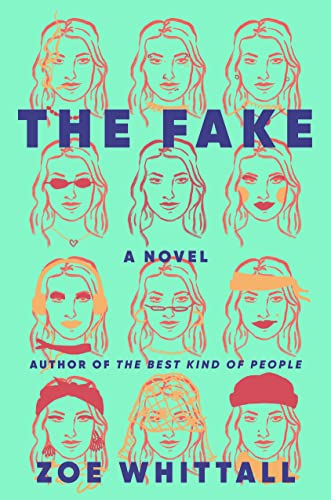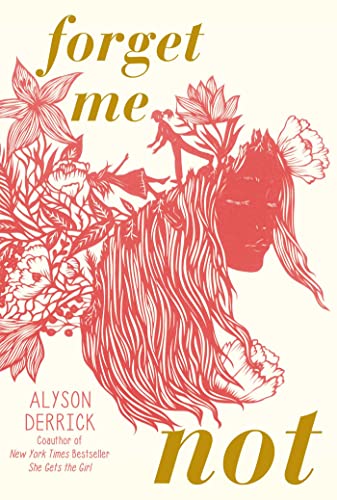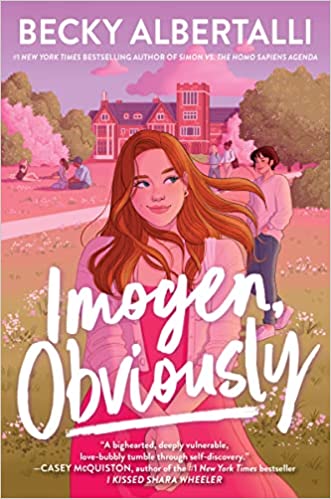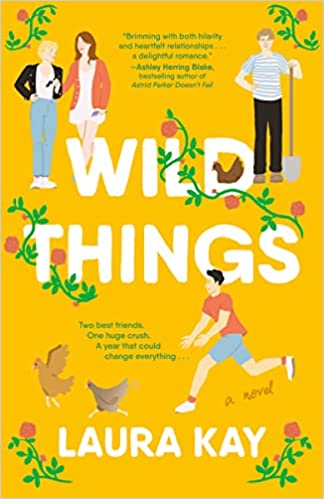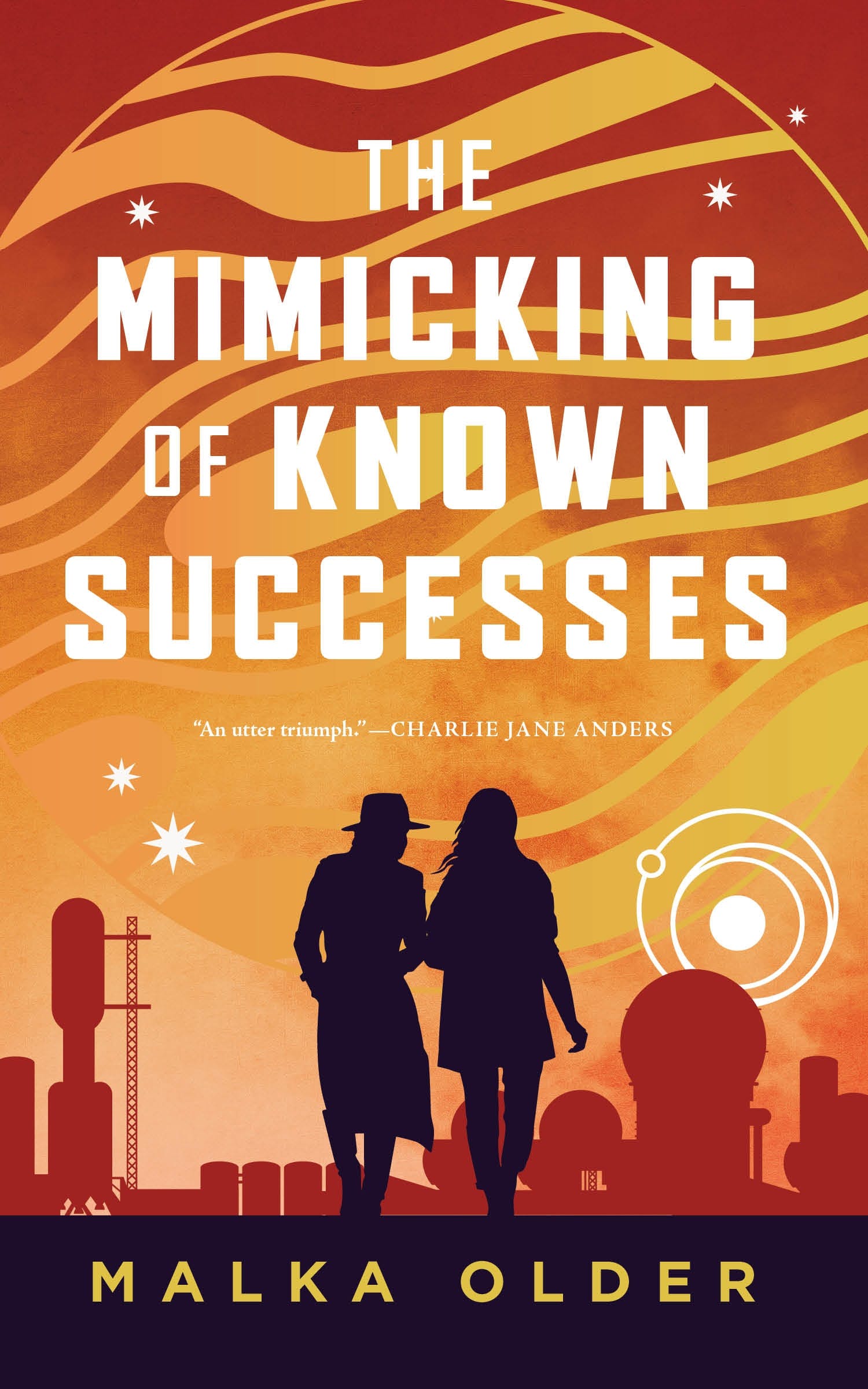This was such a difficult list to put together, because it is definitely not meant to be a list of all the good sapphic books coming out from July to December of 2023. These are just the 10 upcoming releases at the very top of my TBR. I also tried to select a range ofRead More
A Queer, Angry Take on Doctor Who: The Infinite Miles by Hannah Fergesen
This was such a let down. I used to be a big fan of Doctor Who (see my review of Queers Dig Time Lords) and am currently trying to catch up on the newest seasons. So when I saw a queer sci-fi book coming out that drew inspiration from Doctor Who, it sounded like theRead More
For Nerdy Queer Teens Past and Present: Out of Character by Jenna Miller
Amazon Affiliate Link | Bookshop.org Affiliate Link Talk about a painfully relatable read. I’m almost glad this wasn’t around when I was a teen, because I’m not sure I could handle reading it then! Cass is a fat, nerdy queer teenager who is obsessed with a book series and roleplays as one of the charactersRead More
The Aftermath of Gay Conversion Camp: Tell the Rest by Lucy Jane Bledsoe
Amazon Affiliate Link | Bookshop.org Affiliate Link In 2014, I read The Big Bang Symphony by Lucy Jane Bledsoe based solely on the fact that it was included on a book list called “Lesbians In Cold Places.” And you know what? That was a great decision, because I really enjoyed it. It was a slow-buildingRead More
A Con Artist at Grief Counselling: The Fake by Zoe Whittall
Amazon Affiliate Link | Bookshop.org Affiliate Link Zoe Whittall is a master at writing broody queer novels, and ever since reading Bottle Rocket Hearts, I just can’t resist them. The description and first chapter of this might lead you to believe that it’s an action book or at least a mystery. Befriending a con artistRead More
Girl Meets Girl, Girls Fall In Love, Girl Gets Amnesia: Forget Me Not by Alyson Derrick
Amazon Affiliate Link | Bookshop.org Affiliate Link Last year, I reviewed She Gets the Girl written by Alyson Derrick and her wife, Rachael Lippincott, and really enjoyed it. So when I saw that Derrick had a new sapphic YA book coming out just in time for the April 4th episode of All the Books, IRead More
The Enthusiastic Ally to Bisexual Pipeline: Imogen, Obviously by Becky Albertalli
Amazon Affiliate Link | Bookshop.org Affiliate Link Now that I’m twice the age of many of the protagonists in Young Adult books, I have a different relationship with them. I still read YA, but I find myself feeling protective of the main characters instead of relating to them. Nothing exemplified that shift more than readingRead More
A Bisexual Armenian American Self Discovery Story: Sorry, Bro by Taleen Voskuni
Amazon Affiliate Link | Bookshop.org Affiliate Link Armenian culture and self discovery are primary themes in Sorry, Bro by Taleen Voskuni. These themes are the strengths of the book, especially when it comes to culturally sensitive issues and heavier topics like genocide, racism, homophobia within the Armenian community. On the other hand, Sorry, Bro alsoRead More
A Wholesome and Messy Queer Romcom: Wild Things by Laura Kay
Amazon Affiliate Link | Bookshop.org Affiliate Link Laura Kay could teach a masterclass on the low-key, wholesome, slightly messy queer rom com, as exemplified in her third novel, Wild Things. El is stuck in a rut, both personally and professionally. Still in her dead-end job at a London newspaper, she spends most of the workdayRead More
A Cozy Sapphic Sci-Fi Mystery: The Mimicking of Known Successes by Malka Older
Amazon Affiliate Link | Bookshop.org Affiliate Link In The Mimicking of Known Successes, Malka Older creates a cozy murder mystery in humanity’s distant future on Jupiter. I found this novella to be a delightful, satisfying read. The action clicked along nicely, the world-building was intriguing, and Mossa and Pleiti were great characters. Mossa, an Investigator, isRead More
